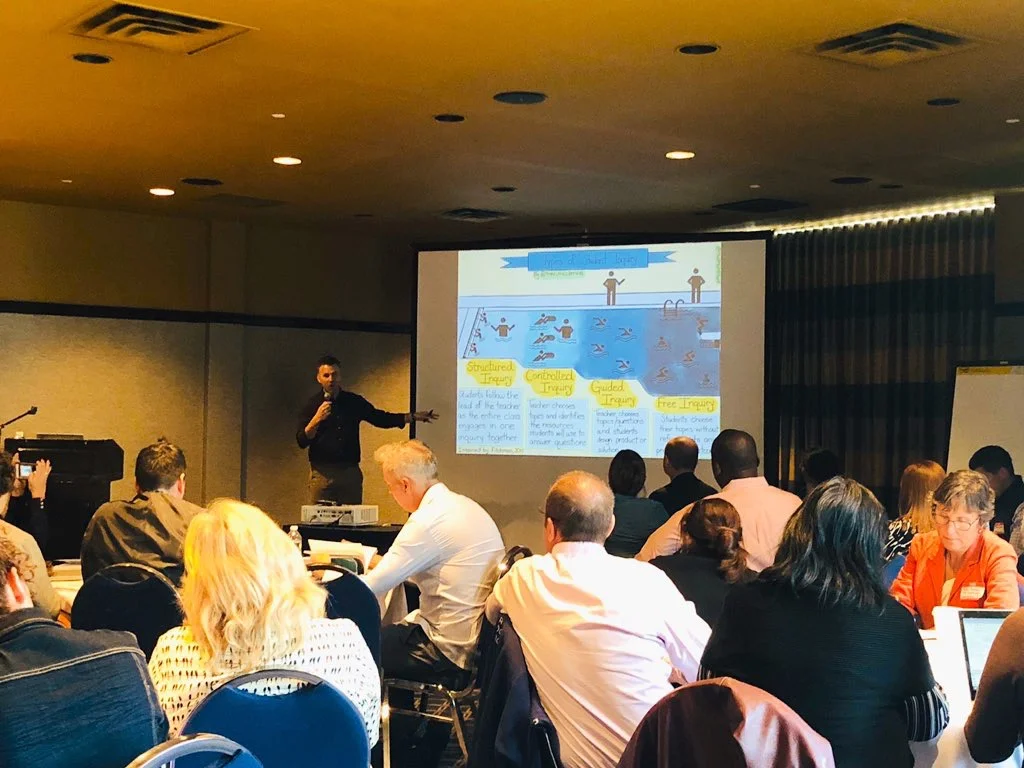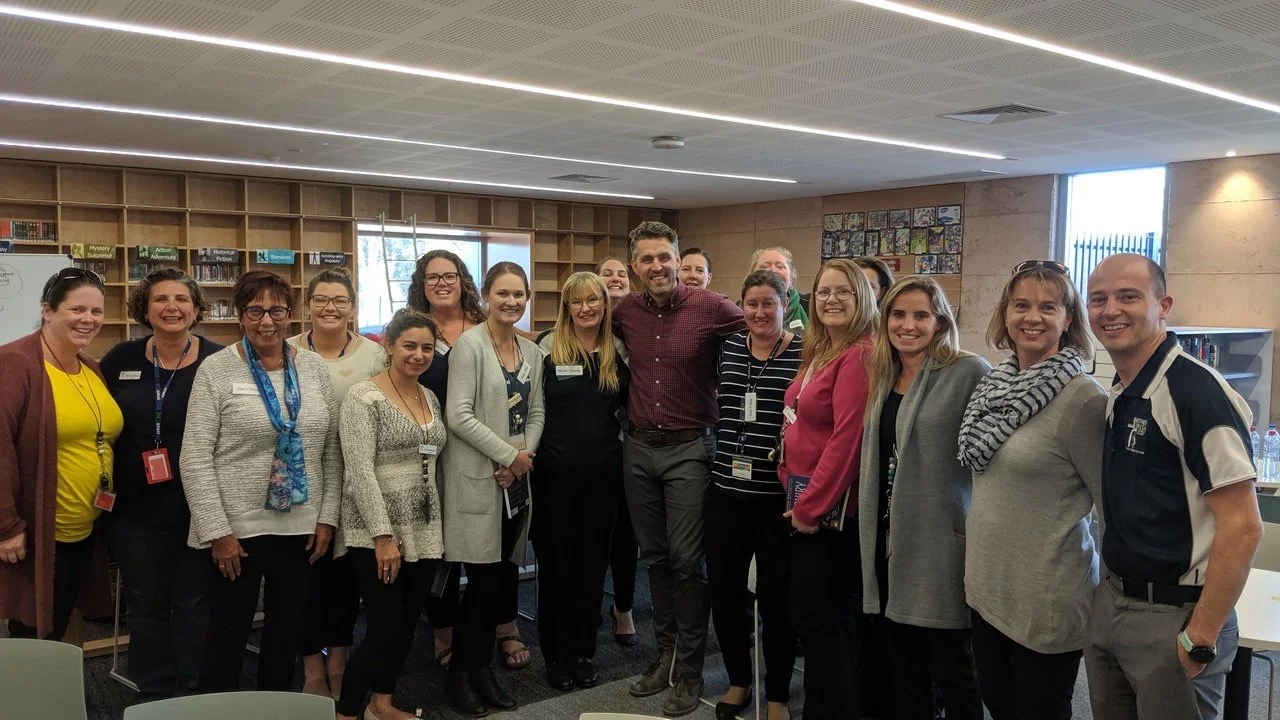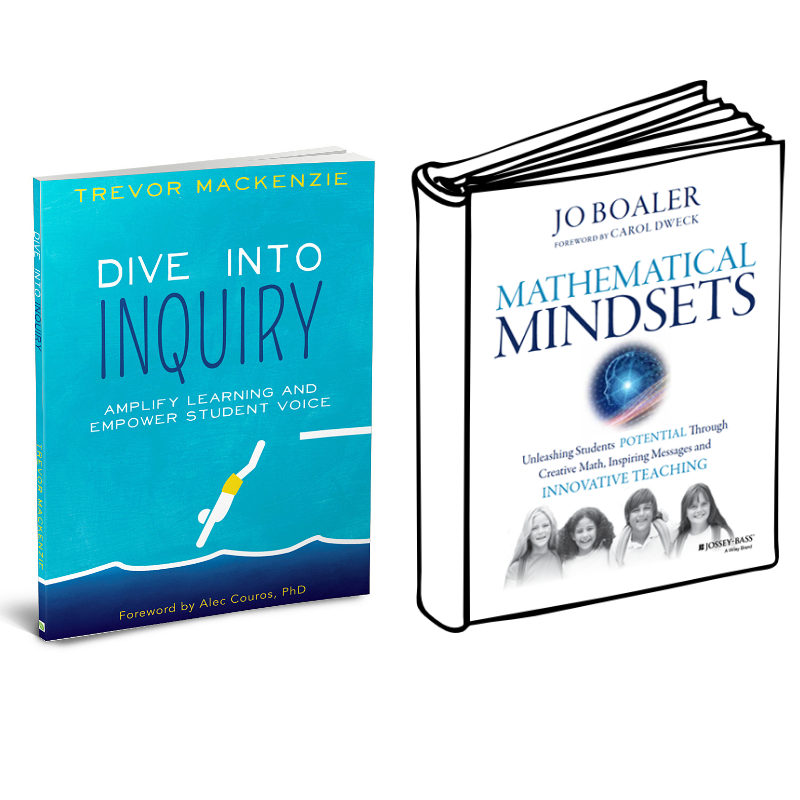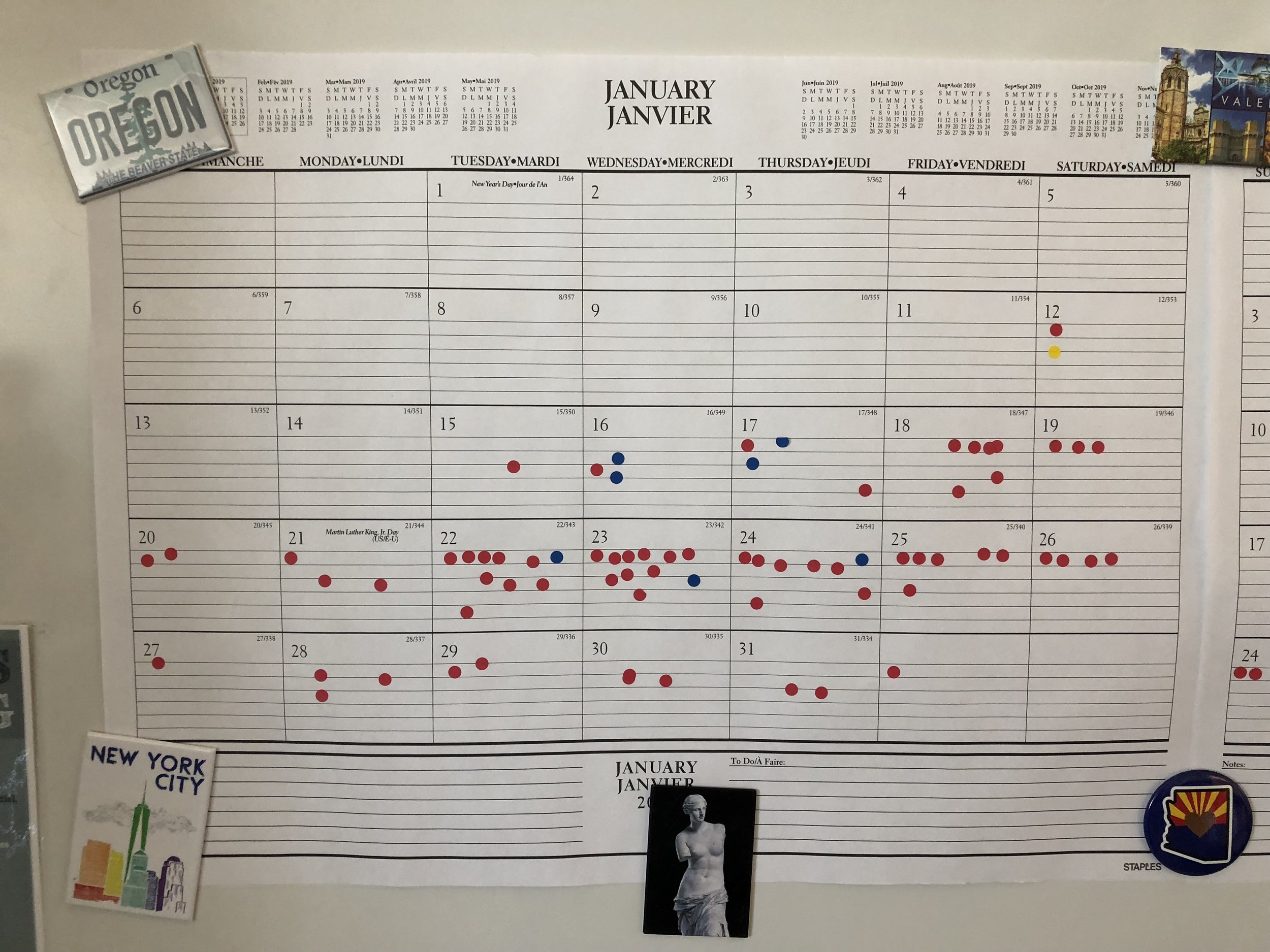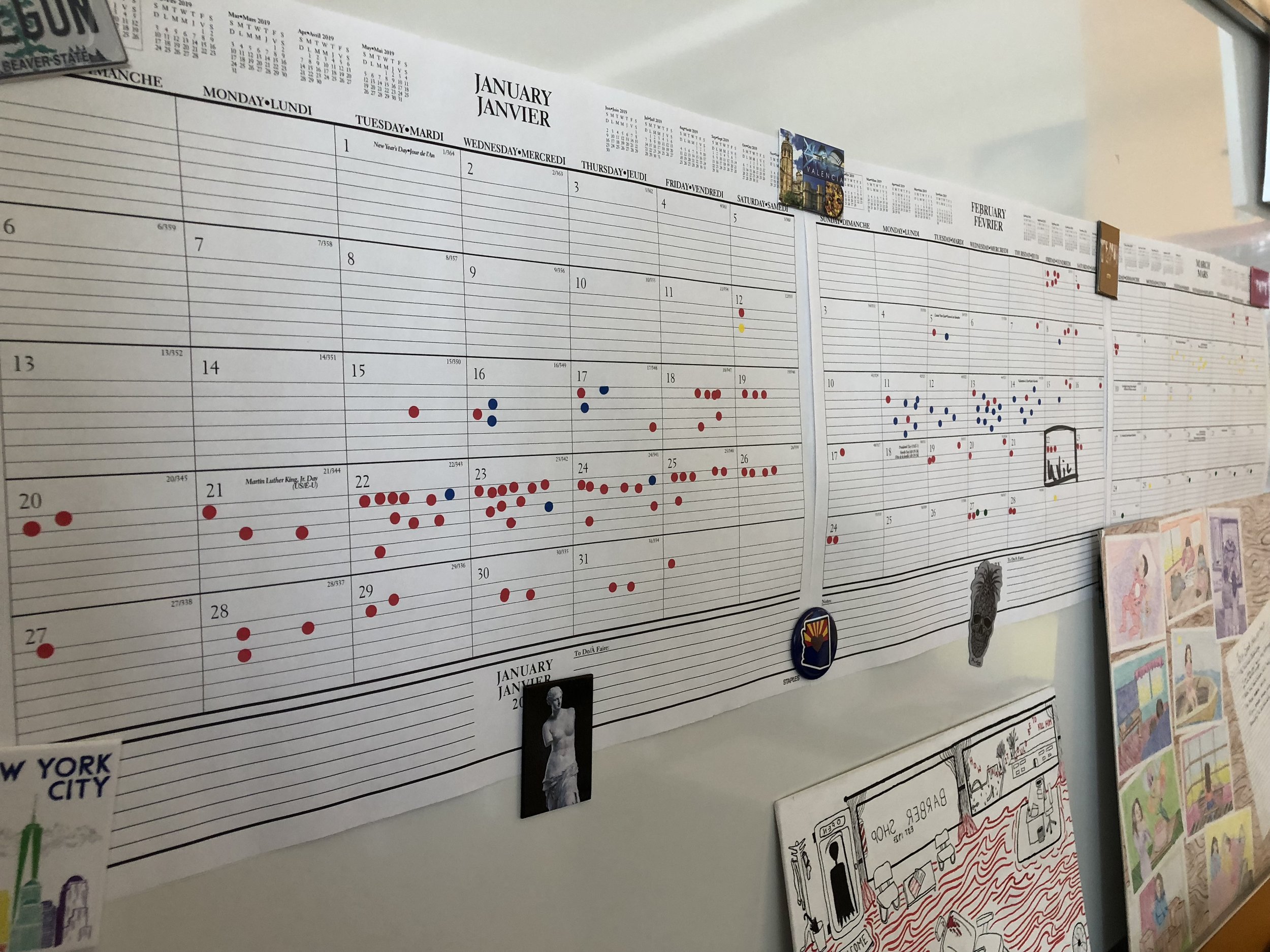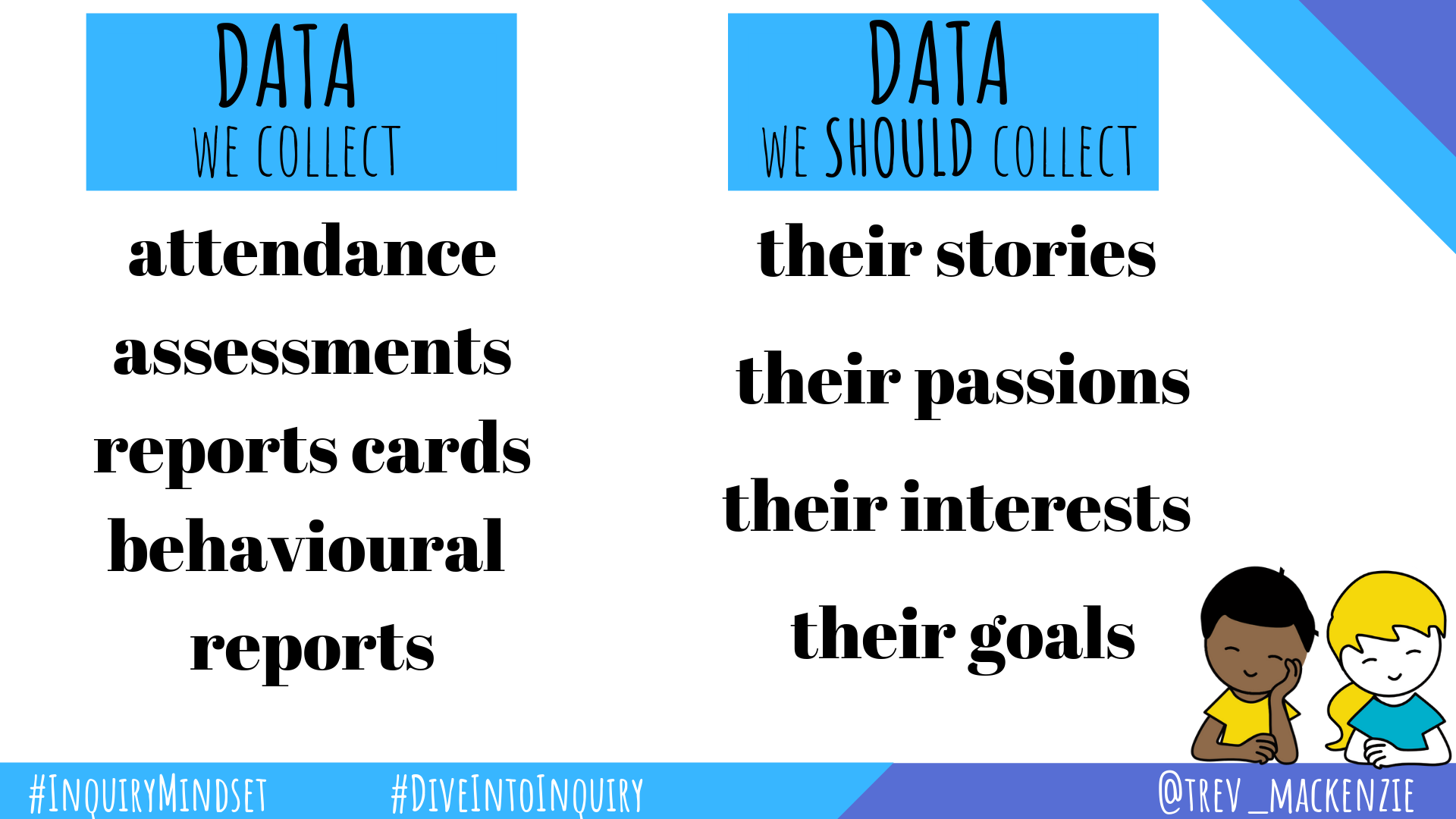I absolutely love working with IB educators! Discovering more ways we can elevate student voice and choice within the IB curriculum whilst honouring sustained and authentic agency over learning is always a joy in our time together.
I ❤️ Perth, WA!
During my Australian Tour this summer I had the absolute pleasure of working with educators in Perth, WA. I was hosted by Adam Brooks and Mother Teresa Catholic College at an open inquiry event where teachers from schools far and wide came in dedication to elevate their inquiry skills.
The day was magic!
CESA 9 Wisconsin Inquiry Event
Did you know that the state of Wisconsin curriculum has adopted new inquiry standards in their Social Studies strand?
Recently I worked with 50+ Wisconsinites in deepening their understanding of inquiry and supporting them in providing their students with the skills and understandings necessary to be successful in taking on more agency over learning.
Self-Regulation & Inquiry
I first met Christopher during a course in my graduate studies journey. I was taken aback by his commitment to learning and his passion for kids. We had s shared interest in inquiry and in he and his wife Suzanne’s work I discovered a language and a direction that supported my own understanding of how to create sustained and successful inquiry for our students. I have continued to admire his voice in education and am delighted to share some of his work with you all here. In this guest post Christopher sheds light on some of his work and the powerful ties between SRL and inquiry. Have a read!
“At birth, we are endowed with the dispositions and mechanisms to discover the world and make it a meaningful place in which to live. Without a desire to look, to explore by hand, by mouth, eye and ear we would not grow up to be the human beings we are.” (John Barrell, 2003)
Ivy is five and Joy is three and I feel like the luckiest father in the world. Over the last five years, I have been observing how my two young children interact with the world around them and I have been amazed at the skills they have developed to make sense of the complex and demanding. For example, the way they learn through experiences, question everything, and have an innate sense of curiosity is remarkable, is amazing. When they finally get to school, they are primed for learning.
Student-led learning is an approach to learning that harness the innate traits I believe we were all born with, and inquiry-based learning (IBL) in particular can be the vehicle that enables students to practice the skills required to be successful in life and develop a passion for life-long learning. In order to get the maximum benefits from all types of student-led learning, it is important to foster and grow one’s self-regulated learning (SRL) skills. SRL skills lay the foundation on which student-led learning can flourish.
What is SRL?
SRL is the idea that students take control of and evaluate their own learning. A self-regulated learner is a student who is able to control, evaluate, and adapt his or her own learning process. These learners persevere when the going gets tough and are capable of making adaptations to their learning strategies to help them succeed. SRL occurs when a student realizes that there is a better way or strategy to achieve a goal than the current method they are employing, and then they act upon this realization by making changes to their goals and plans. SRL is essential to meaningful learning in the classroom and the development of lifelong learning skills (Zimmerman, 2002).
According to Winne and Hadwin (1998), there are four phases of SRL: task understanding, goals and plans, applying strategies, and adapting and regulating. As students are guided through each of these phases, they constantly monitor and evaluate their progress, making adaptations to previous phases as necessary. Research shows that children do not just inherit these skills but rather must learn them through explicit instruction embedded into naturally occurring learning experiences. Many students who arrive in classrooms find basic SRL skills to be challenging. They need instruction and support in learning to set appropriate goals, create plans, monitor their time, ignore distractions, adapt goals, and choose appropriate learning strategies.
Combining IBL and SRL
Students in inquiry-based learning environments, who are expected to take control of their own learning experiences, need educators to support them in gaining the basic SRL skills that will help them be successful. When students are unable to set goals, make plans, manage their time, evaluate their progress, and apply appropriate learning strategies, their IBL learning experiences are likely to be frustrating and unsuccessful. The model below shows how the steps in an IBL framework can be supported by the four phases of SRL.
This work by Christopher Lister and Suzanne Bartel is licensed under a Creative Commons Attribution-NonCommercial-ShareAlike 4.0 International License.
Christopher Lister is an educator, a father of two kind and creative girls, and a die-hard Manchester United fan. He has been an elementary school teacher for over 12 years and is excited to move into a new role as a teacher-librarian in the upcoming school year. Christopher is currently completing his Teacher-Librarianship Diploma at UBC. Under the guidance of Dr. Valerie Irvine at the University of Victoria, he recently completed his Master of Education in Educational Technology and developed a keen interest in student-led learning built on a foundation of self-regulated learning skills. With a passion for service-learning, the maker movement, connections-based learning, and augmented reality, he continues to learn from, and with, everyone he interacts with.
References:
Barell, J. (2003). Developing more curious minds. Alexandria, Va.: Association for Supervision and Curriculum Development.
Winne, P. H., & Hadwin, A. F. (1998). Studying as Self-Regulated Learning. In D. J. Hacker, J. Dunlosky, & A. C. Graesser (Eds.), Metacognition in Educational Theory and Practice (pp. 277–304). London: Lawrence Erlbaum Associates.
Zimmerman, B. J. (2002). Becoming a self-regulated learner: An overview. Theory Into Practice, 41(2), 64–70. doi:10.1207/s15430421tip4102_2
An Inquiry-Based Approach to Math
I am thrilled to present this guest post. Reflective in nature and representing a strong synergy across two books, Ryan and I connected on twitter and brought this collaboration together over the past few weeks. Enjoy the read and as always, find and follow the amazing educators sharing their work here. Thank you Ryan!
I’m the kind of person who gets fired up by big ideas. And, for me, the scaffolded approach to inquiry-based learning described by Trevor Mackenzie in Dive into Inquiry is a really big idea. For a couple of days in July, I read Dive into Inquiry on my couch, verbalizing my excitement since my roommates were all at work. When I finished, I felt strongly that this approach to inquiry would foster deeper learning for my students, but I needed to adapt it to my specific class environment.
Guest Post: Inquiring About Inquiry by Karen Caswell
I am absolutely thrilled to introduce you to Karen Caswell, an amazing educator and writer in Coomera, QLD, Australia. Recently Karen and her school hosted me for a day of inquiry learning for teachers in their region. It was truly magical. The energy from the educators and the powerful work that was done on the day left me feeling absolutely invigorated!
Karen is the Teaching and Learning Coordinator at Coomera Rivers State School, an Apple School where she’s a certified Apple Teacher. She is the founder of #TLAPdownunder. She is also the author of Teaching Passionately, a blog where she shares her passions in education - a highly recommended site I suggest you check out!
What Are The Conditions in Which Learning Thrives?
For quite some time I have been pondering a few driving questions in my work. As i visit schools around the world and observe teachers in their classrooms working with students I have been keen to see them do what they love to do: connect with and empower students.
My driving questions are clear but by no means are they simple or easily answered (as good driving questions ought to be). They have guided my research and my observations of teachers for the past number of years. I am incredibly thankful for all of you reading who have invited me into your schools and learning communities to allow this powerful work to grow and flourish into what it is.
Australian Tour
Student Voice Infused Assessment: Planning
This year I finally listened to my students and what they had been saying for years. I heard their voice and decided to do something about it. It led to one small change that made a great impact on my teaching, my students’ learning, and, perhaps most importantly, our emotional and mental wellbeing.
One small change made a great impact on my teaching, my students’ learning, and, perhaps most importantly, our emotional and mental wellbeing.
It began with one conversation we had at the start of the year around wellness. I always focus on building a culture of trust founded on relationship throughout the first weeks of class. I take my time getting into a course so that we, collectively, set the stage for learning. I asked my students to tell me about the worries of being a student and any stress that they felt they were under. My intention was to let them know I care about more than their marks, that I care about them as people, emotionally and mentally healthy people at that.
The conversation was lively! I was incredibly thankful for their honesty and vulnerability. Some of what they shared was:
We have too much on our plates.
Sometimes I have a quiz or test every day of the week.
We are stressed out to the max.
Sometimes if I know there’s nothing due in class, I’ll skip that class to study for something I have due in another class.
And finally: why don’t teachers communicate with one another and plan their due dates and test days together?
So I decided to do something about it. I decided that I needed to commit myself to helping my students navigate our hectic system because the system itself was not going to change for us.
I invested in a desktop calendar (thanks Mel!), the old school tearaway kind that allows you to write and plan out your month at a glance at your desk. Rather than use these on my desk to help me plan out my weeks and months ahead, I would hang them on our classroom wall and ask student to help plan our time together with a specific eye on assessments and due dates. I provided sticker dots and proposed that students stick one on days that they are busy, that they have a quiz or test in another class, that they have an assignment due, or that they just anticipate would be a stressful time. This is what a few months looks like:
I told them that our obligation, together, would be to plan our work and assessments around the busyness and stress that we would see surface in the calendars. We adopted due date windows rather than a specific due date. What are due date windows? As opposed to me selecting a due date that meets my needs as the educator planning out the year and units of study, I would ask students to turn in their assessments within a span of time (typically a week) that would allow them to plan their workflow according to how busy their own individual week was and in the process better meet their needs.
This shift proved transformational. As the yer progressed we witnessed several benefits emerge:
My marking load became manageable. Rather than taking in an entire class of assessments on one day, my marking became more of a constant trickle throughout the due date window. It was something I would tackle each day with an energy that allowed me to provide clear and timely feedback to each student.
My students appreciated that they could prioritize their studying and workflow. Some classes do a lot of quizzes and tests. Some do a lot of project work. Some do a lot of public speaking and presenting. By giving my students agency over their due dates in our class I was actually giving them agency over being successful in their learning across all of their classes.
We all felt better. We all reflected that our class was the least stressful of all of the classes in our schedule. Students shared that they are often asked in school about their stress levels and how they are feeling but rarely is anything done about it. In this case, being asked actually led to some changes that impacted their wellbeing. How cool is that?
Consider how you can make this shift in your own classroom. Providing voice in assessment seems like a huge shift but it doesn’t need to be. Talk with your students about their learning and their wellbeing. Provide time on the important stuff first, that students feel honoured and safe in learning. Trust me, amazing stuff awaits!
Data We Collect vs Data We SHOULD Collect. Where are you?
Recently I tweeted the above image and within a single day it was retweeted and liked over 2000 times. That’s something. Could you imagine if your students tweeted something from your lesson to this extent? Or if your principal or employer gave you that many kudos for something you shared? Needless to say I think the notion the image suggests around the role of data in education struck a chord with my PLN and I’d like to take this opportunity to grapple with why I think this is the case.


